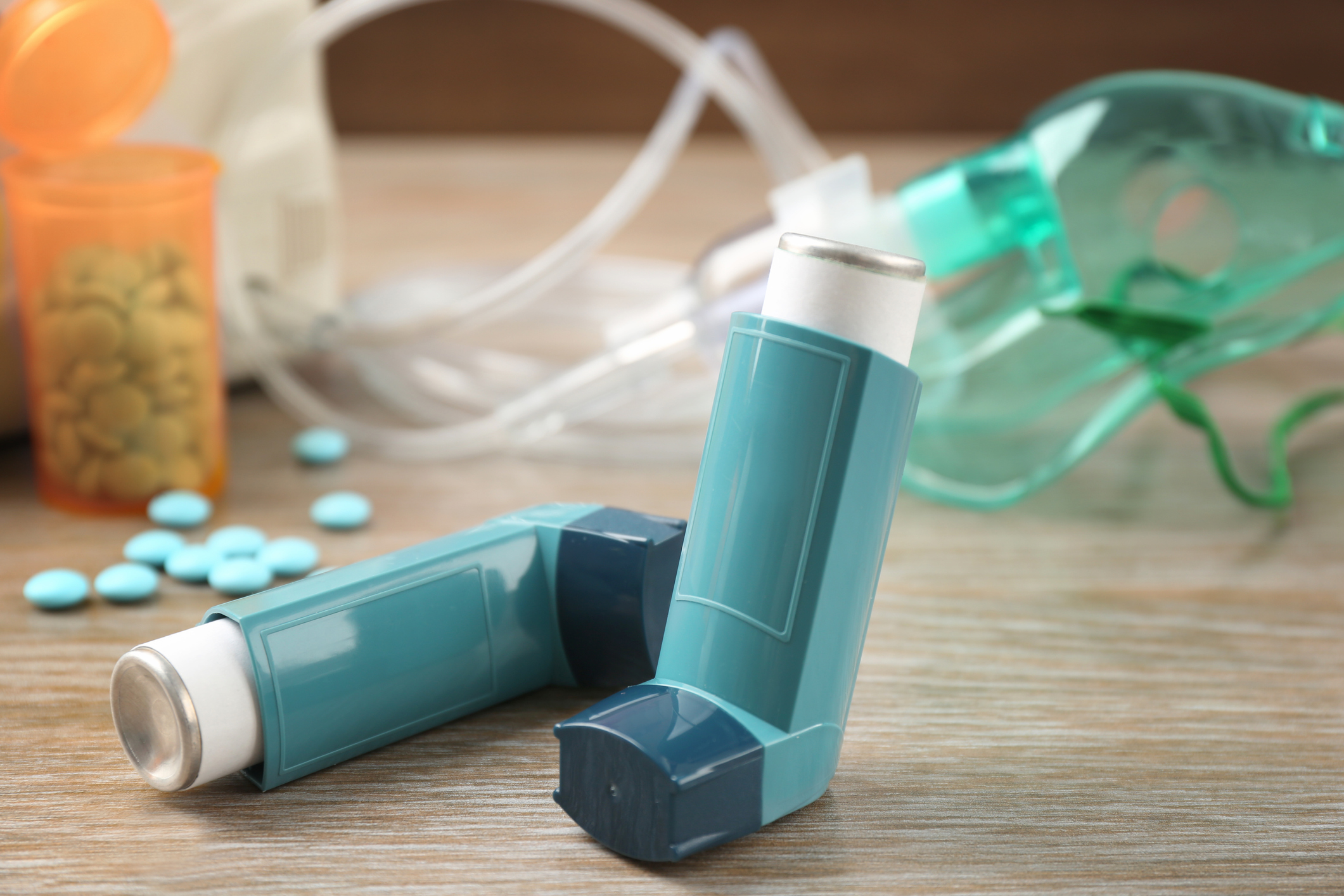Tag: Pediatrics
-

Investigating New Treatments for Spinal Muscular Atrophy
A new clinical trial has revealed encouraging results for a muscle-targeting therapy aimed at improving motor function in children and adolescents with spinal muscular atrophy, according to a study published in The Lancet Neurology.
-

Surge in Rare Pediatric Brain Disorder Linked to Flu Season
A surge in a rare but devastating brain disorder in children has been linked to the 2024-2025 flu season, according to a nationwide study published in JAMA.
-

Revealing Hidden Drivers of Asthma Flare-Ups in Children
A multicenter clinical trial has uncovered inflammatory pathways that contribute to asthma flare-ups in children that occur despite treatment, according to findings published in JAMA Pediatrics.
-

Predicting Risk in Children with Heart Defects
A multi-center study has identified critical risk factors that increase the likelihood of death in children with Fontan circulatory failure who are awaiting or have recently undergone heart transplantation, according to findings published in Circulation.
-

First Study to Use Consumer Wearables to Predict Pediatric Surgery Complications
A new study published in Science Advances is the first to use consumer wearables to quickly and precisely predict postoperative complications in children and shows potential for facilitating faster treatment and care.
-

Investigating Nationwide IV Shortages After Hurricane Helene
Intravenous fluid use in pediatric emergency departments decreased nationwide following Hurricane Helene, according to a recent Northwestern Medicine study, findings that may help emergency departments better allocate resources.
-

Youth Anxiety and Depression Increasing, Study Finds
The proportion of U.S. children and adolescents with anxiety and depression increased from 2016 to 2022, according to a recent Northwestern Medicine survey analysis published in JAMA Pediatrics.
-

Violent Reinjury in Firearm-Injured Children Linked to Neighborhood Factors
Children in areas with the lowest Child Opportunity Index — which reflects factors like education, social and economic resources — were over twice as likely to suffer another violent injury within a year after an initial firearm-related emergency room visit, according to a study published in JAMA Pediatrics.
-

Investigating the Long-Term Impact of COVID-19 on Children’s Hearts
Most children with life-threatening heart inflammation stemming from COVID-19 tend to recover within six months of infection, according to a multicenter study published in JAMA Pediatrics.
-

Uncovering New Therapeutic Targets for Pediatric Epilepsy
Investigators in the laboratory of Gemma Carvill, PhD, have discovered novel molecular underpinnings of Dravet syndrome, a rare genetic form of epilepsy in children, that may serve as promising therapeutic targets, according to a recent study.






